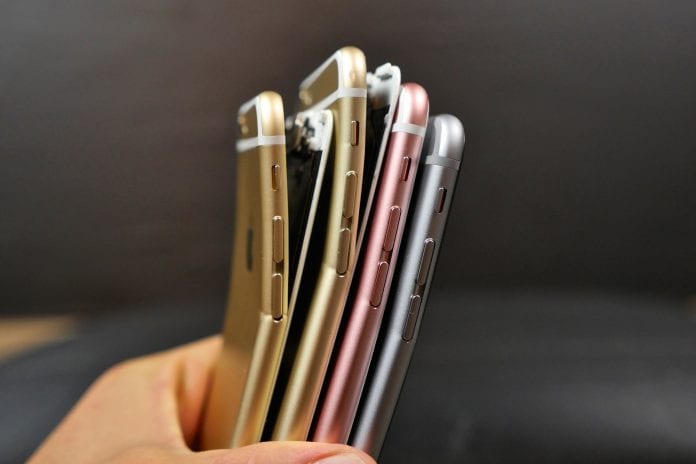Internal documents reveal Apple knew iPhone 6, iPhone 6 Plus were more likely to bend
Remember the Bendgate controversy of 2014 where several customers of Apple’s iPhone 6 and iPhone 6 Plus complained that the aluminium shells of the phones were bending in pockets in normal use? As a result of the bending, the chip that controlled the touchscreen became loose from the circuit board causing touchscreen failures known as “touch disease.”
Now, four years later, a new report has emerged suggesting that Apple was aware that its 2014 iPhones (iPhone 6, iPhone 6 Plus) were likely to bend more than its previous models and yet the company did not acknowledge it publicly.
U.S. District Court judge Lucy Koh disclosed some of the information to the public, writing “one of the major concerns Apple identified prior to launching the iPhones was that they were likely to bend more easily when compared to previous generations.”
According to Motherboard who got hold of some court documents, reveal that Apple’s internal tests discovered that the iPhone 6 and iPhone 6 Plus were 3.3 times and 7.2 times more likely to bend than its predecessor, the iPhone 5S. These structural flaws could literally bend both the iPhone 6 and iPhone 6 Plus just from the pressure of being kept in a trouser pocket.
Until today, the company claim that the cases are “extremely rare.” While Apple kept maintaining that there weren’t fundamental design flaws with the 2014 iPhones, it started making engineering changes to all models produced after May 2016 (almost after one and a half after the devices had already been on the market) by applying extra epoxy and stronger aluminum Series 7000 aluminum chassis for the iPhone 6S and iPhone 6S Plus.
Regarding those devices displaying the so-called “touch disease”, Apple said that the issue was due to iPhones being “dropped multiple times on a hard surface and then incurring further stress on the device.” In November 2016, Apple in a “Multi-Touch Repair Program” for the iPhone 6 Plus, offered a replacement program to replace affected phones for $149 instead of the usual charge of $349.
Apple has yet to comment on the newly discovered documents. It would be interesting to see what would be Apple’s explanation this time around.

